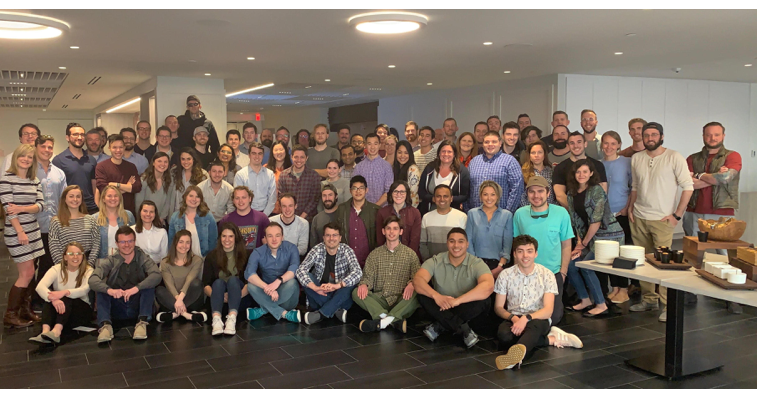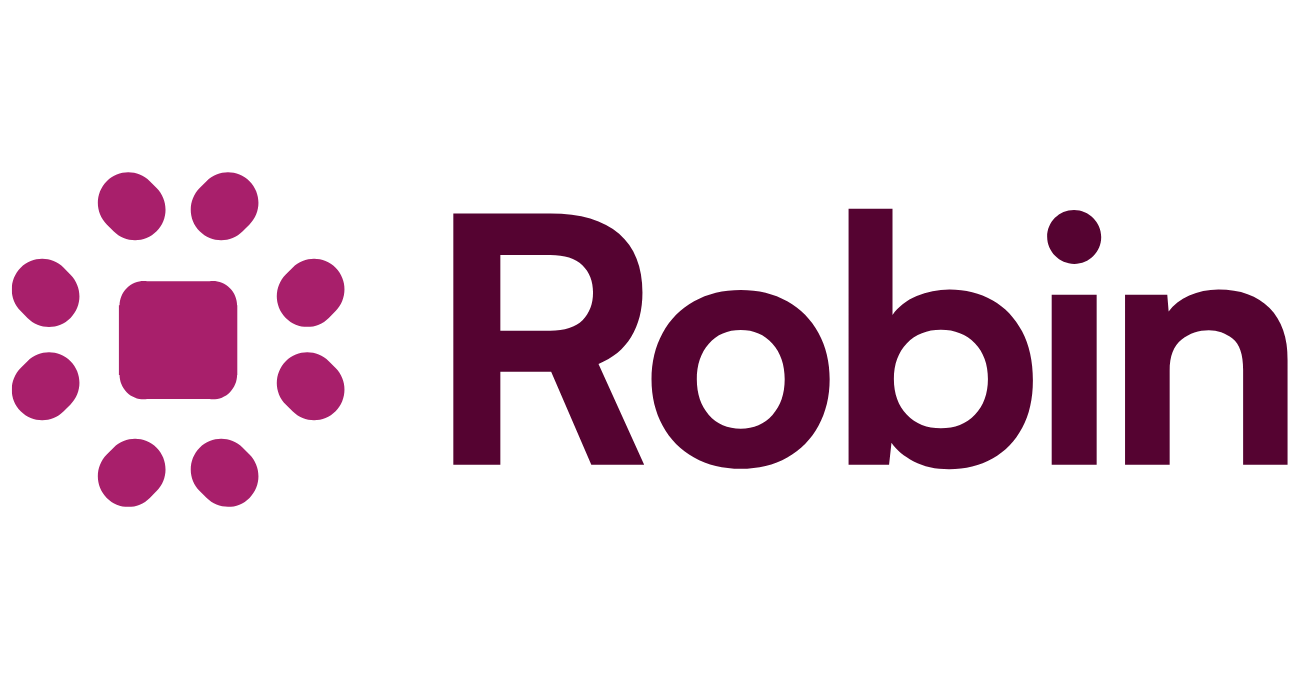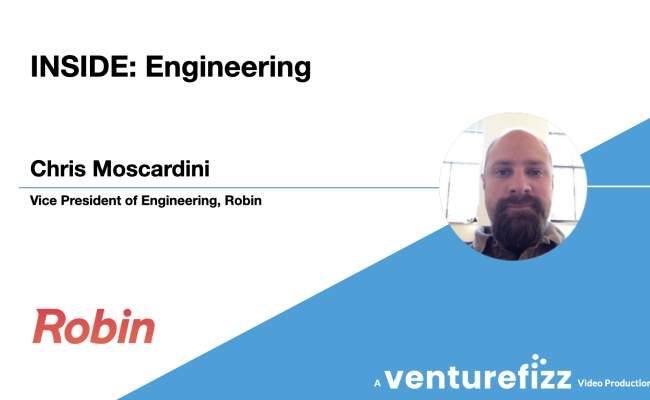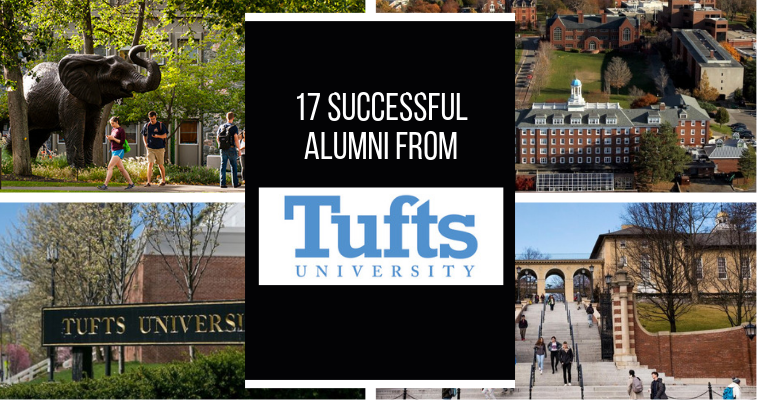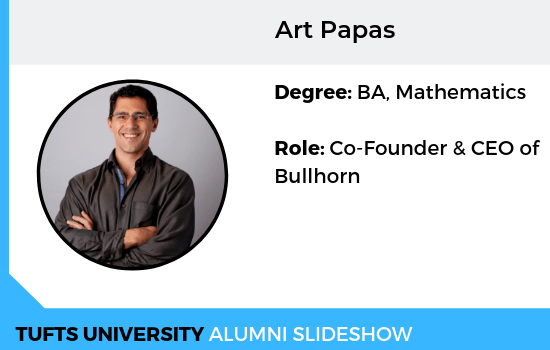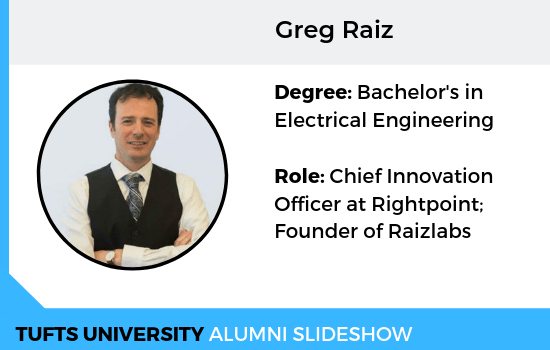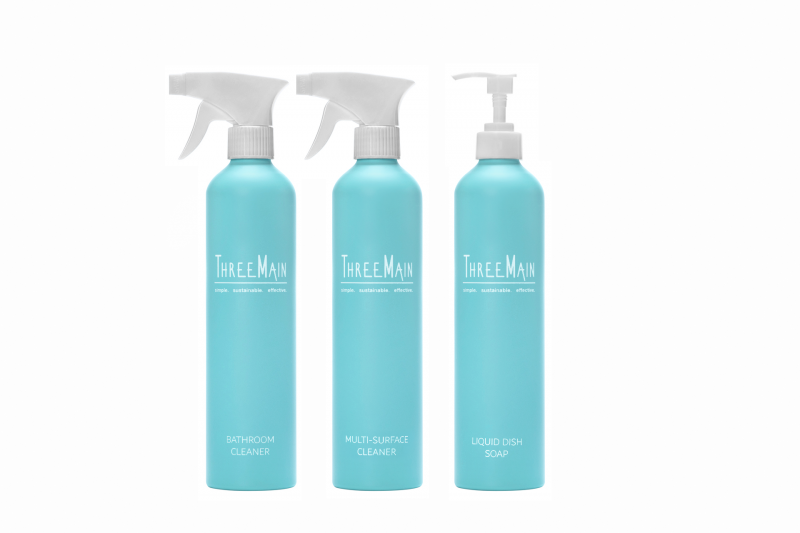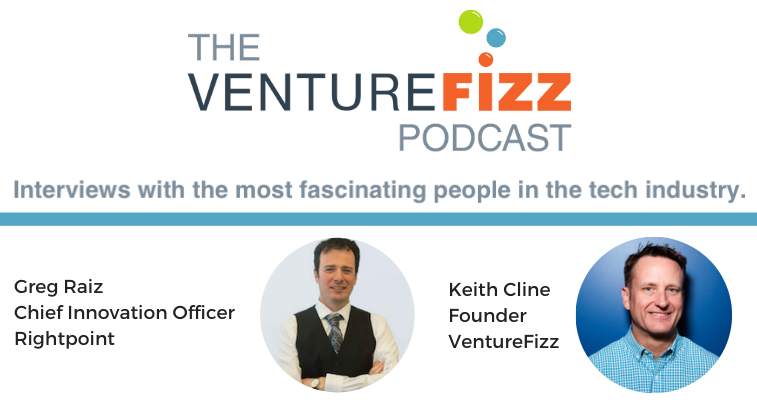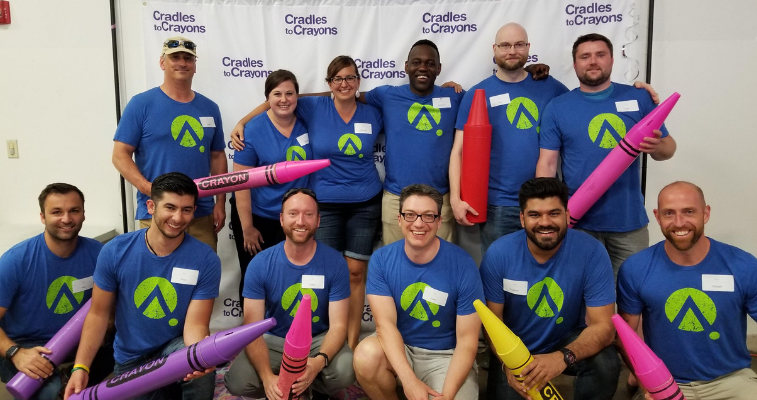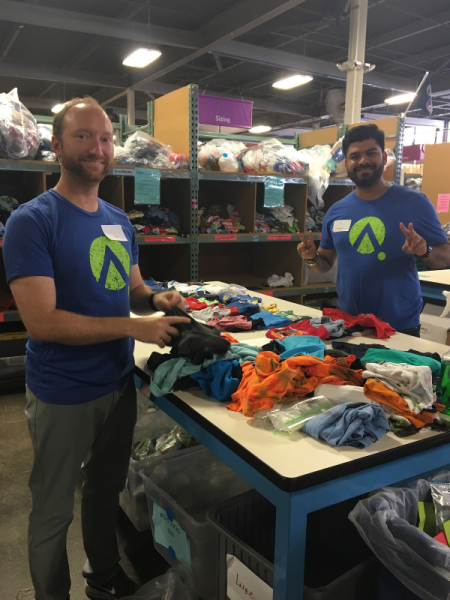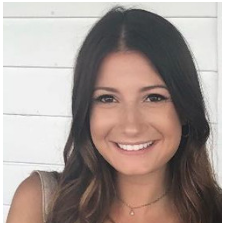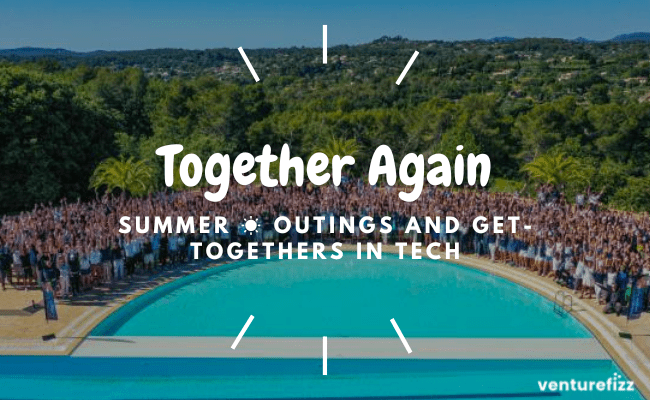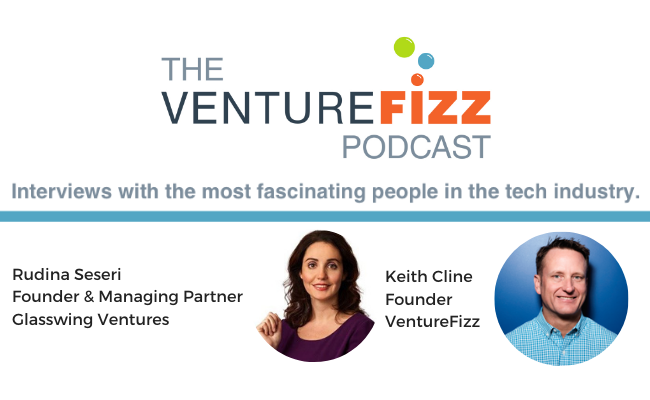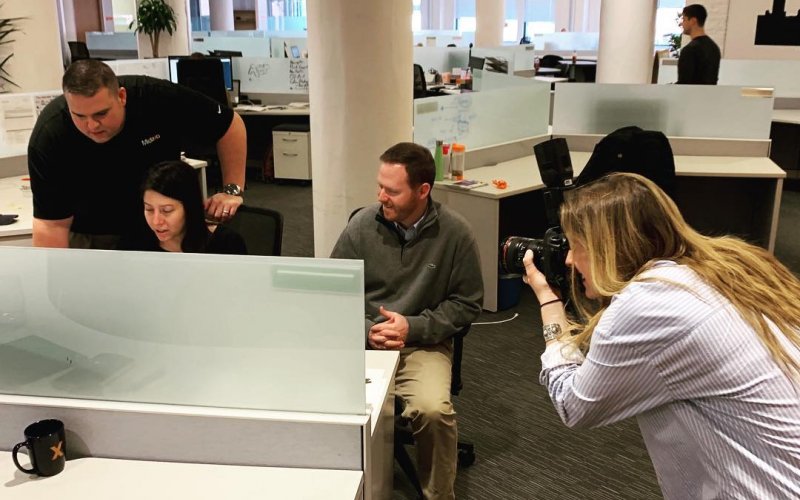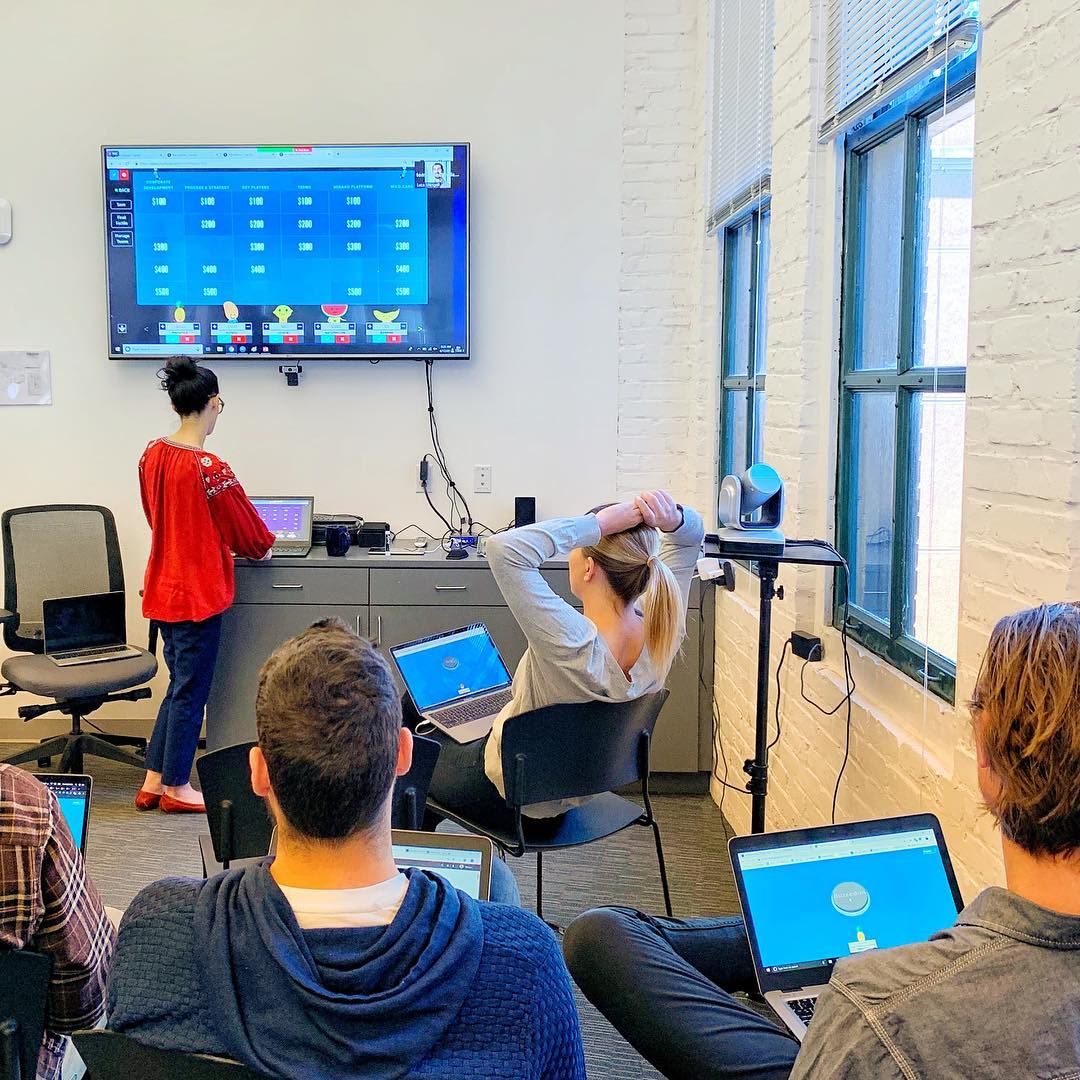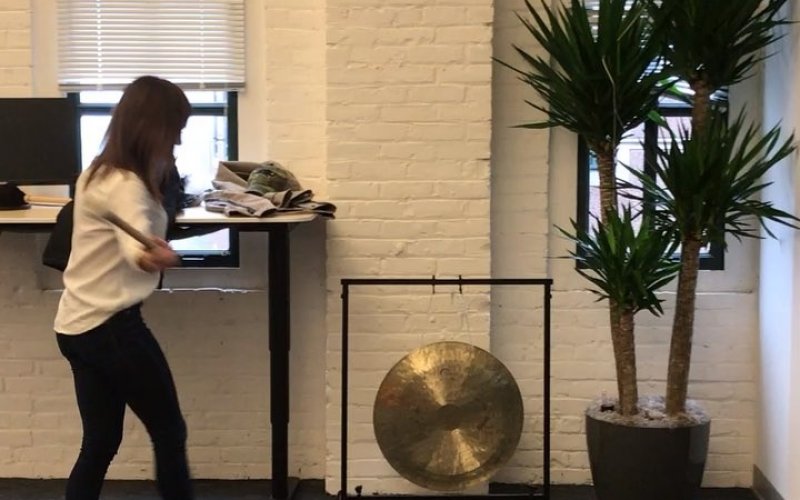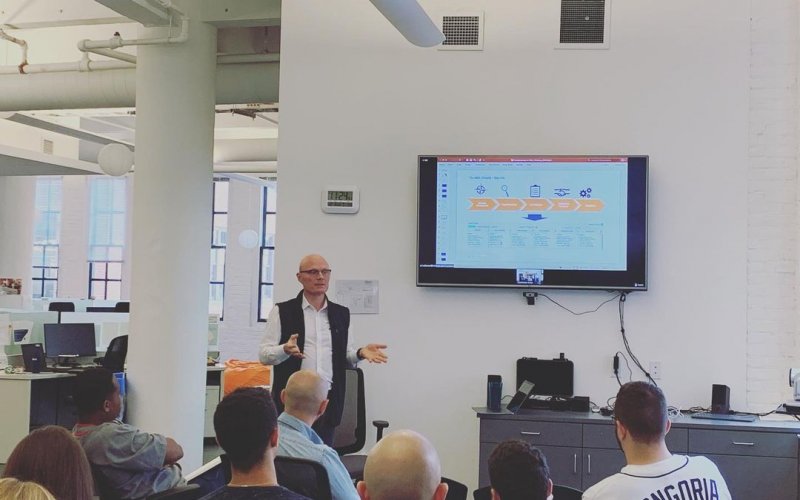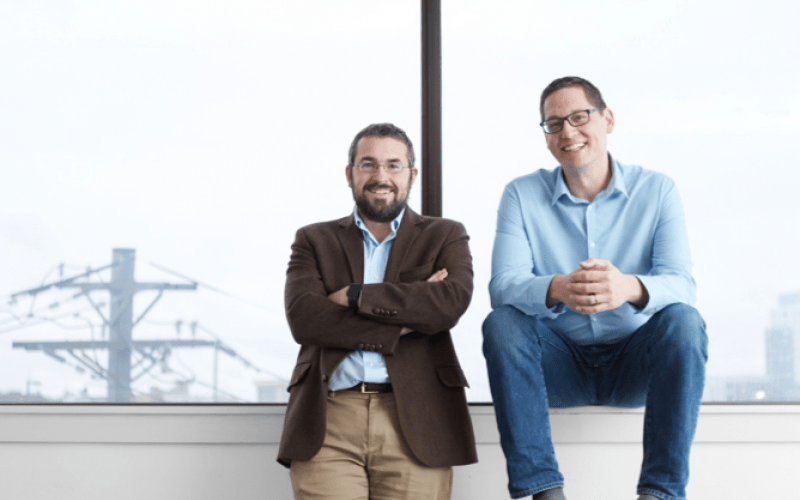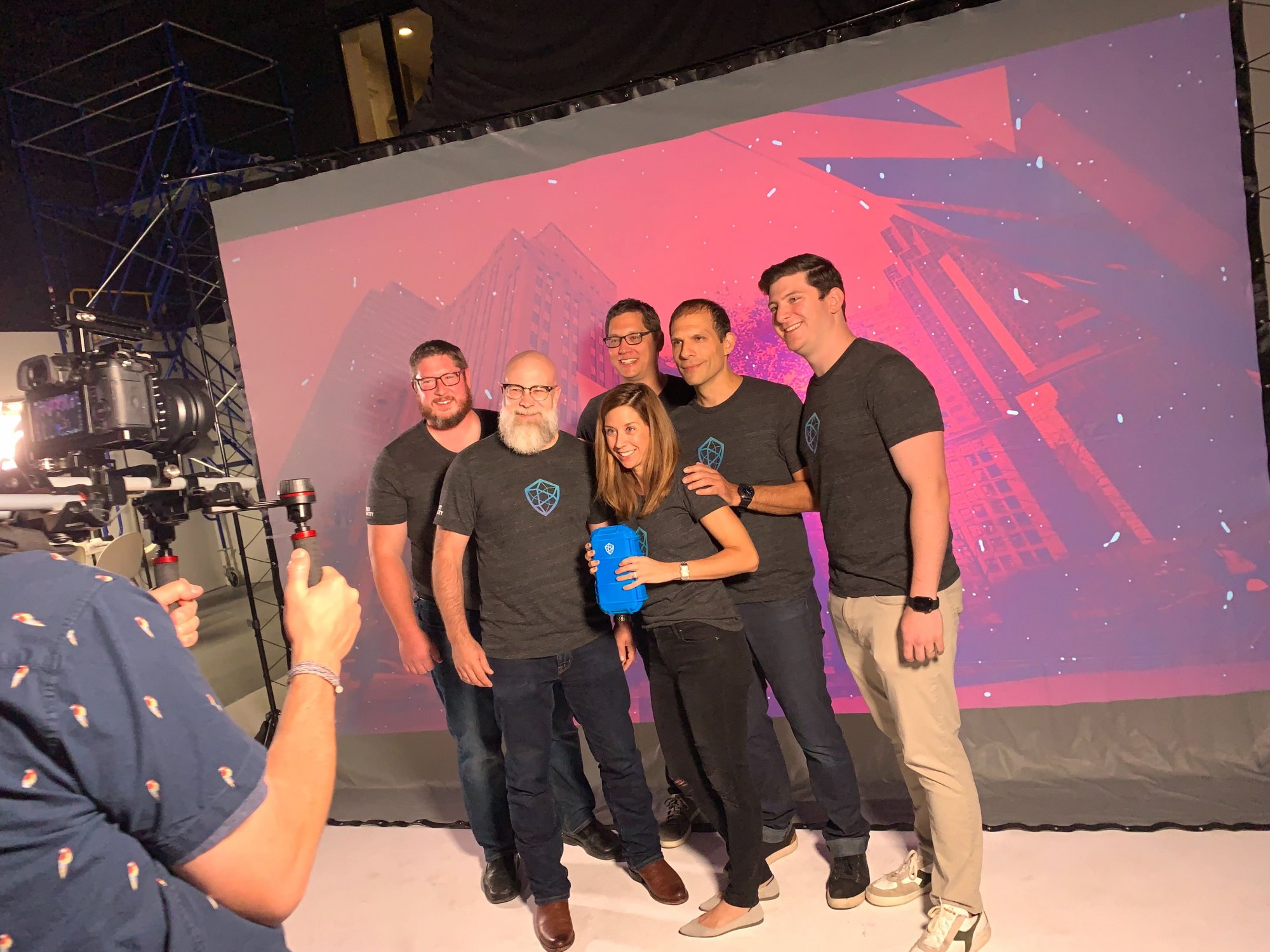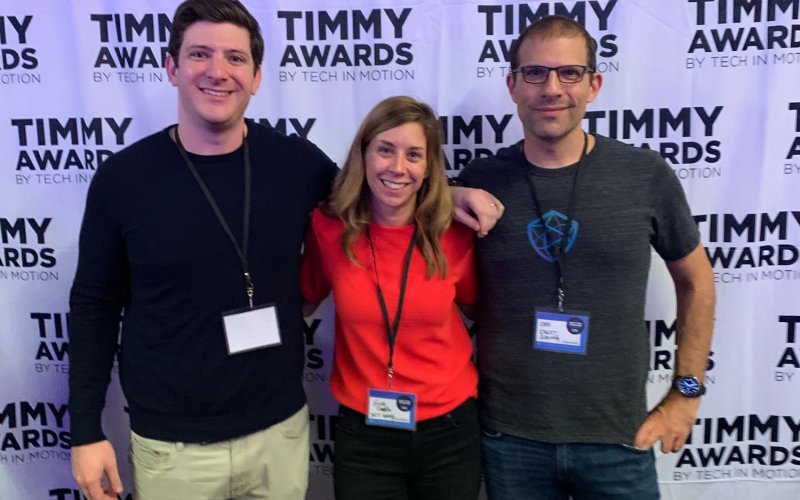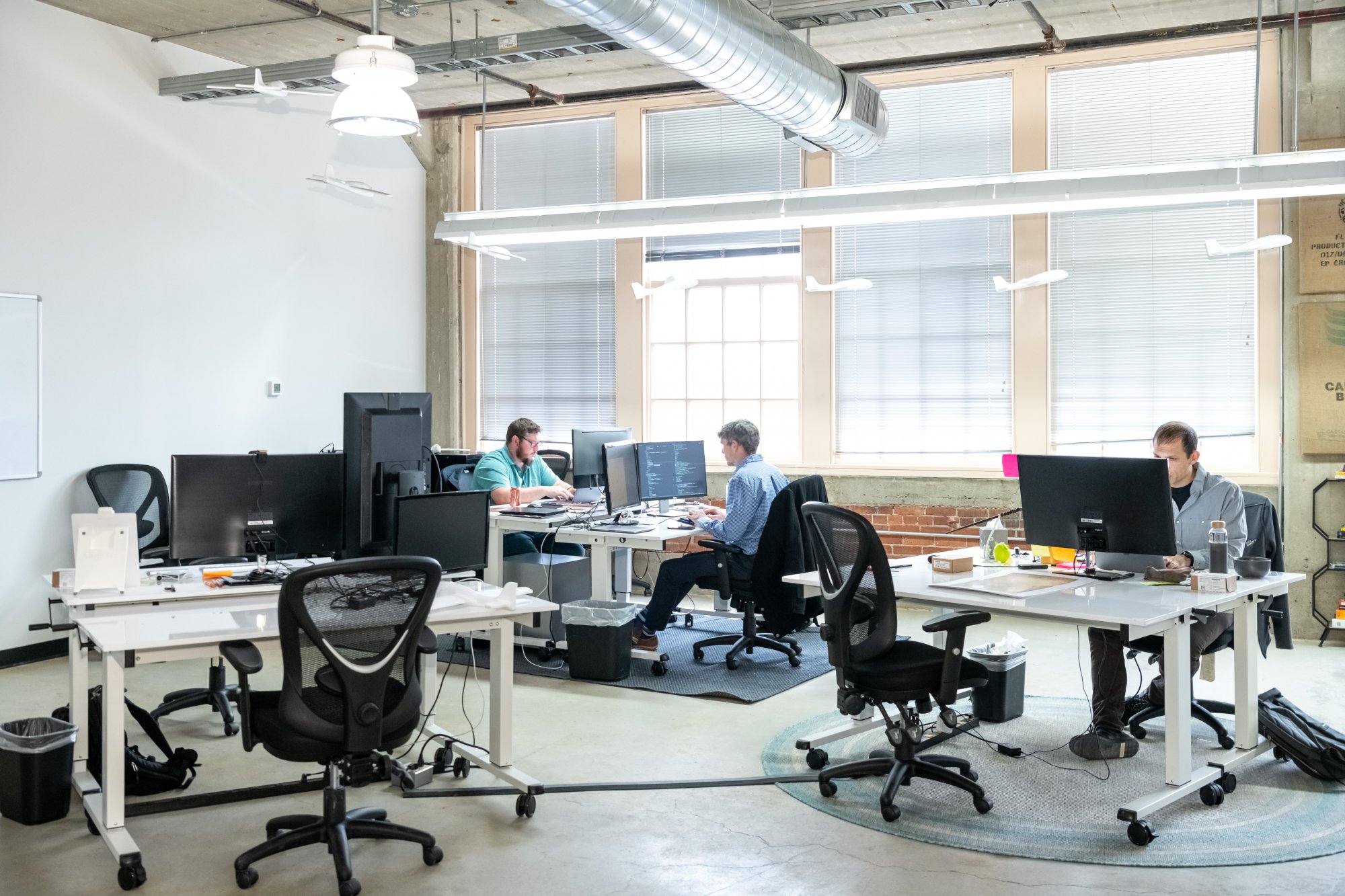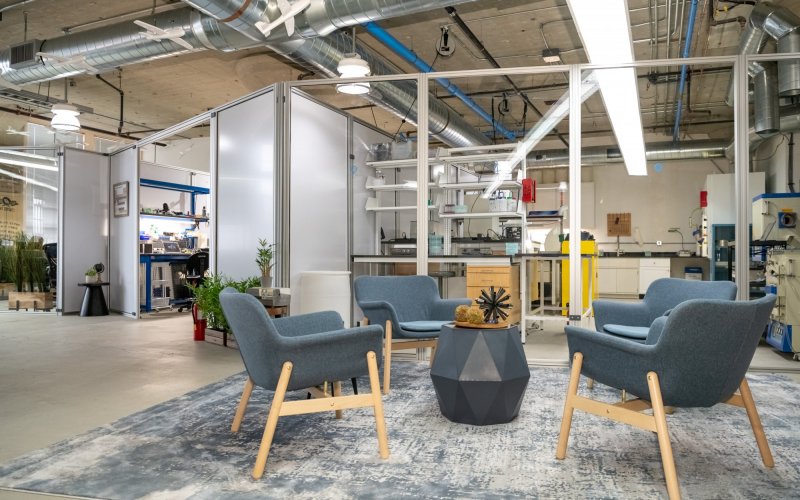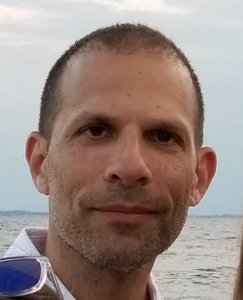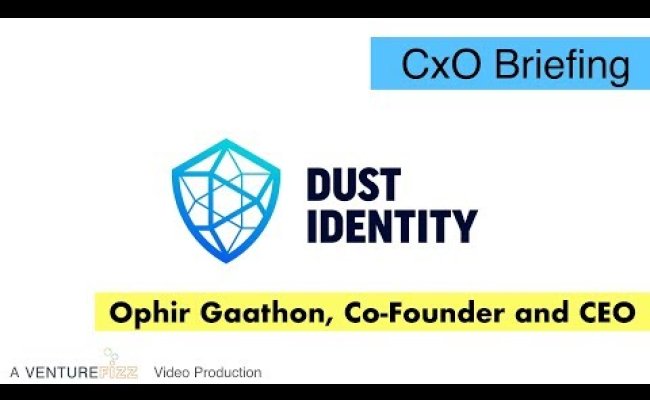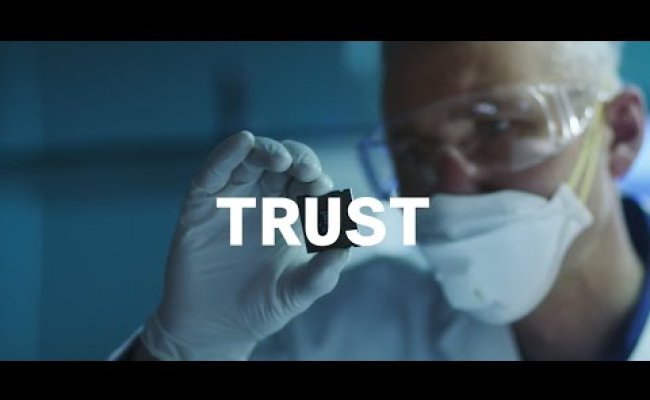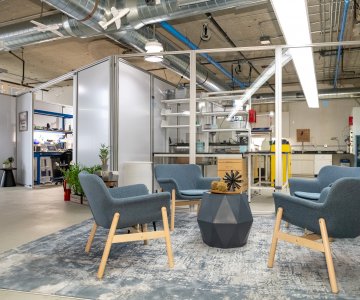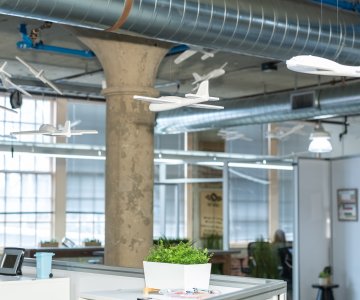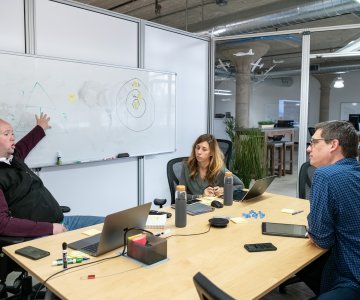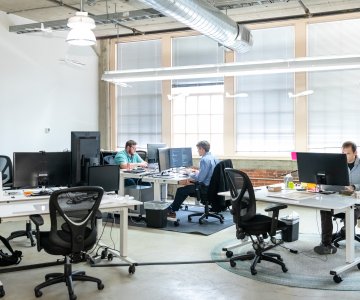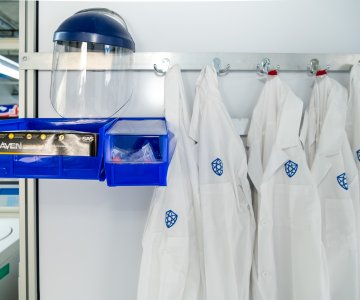Today, Robin is announcing its $20M Series B round of funding.
We connected with Sam Dunn, CEO & Founder of Robin, to learn more about the company and the round of funding.
Robin is hiring! Check out their openings which are all listed on the sidebar ![]() .
.
Congratulations on your Series B round of funding! What are the details on this round of funding, and how do you plan to use the capital to accelerate the business?
Thank you! Excited to have Tola Capital and Allegion Ventures aboard, joining the roster of investors alongside FirstMark, Boldstart, Accomplice, and Herman Miller. We’re using this investment to further expand into more of the office (introducing seat management and interactive floorplans) -- and we’ll need to hire a good number of people to help us drive our mission to modernize the open office forward.
How is Robin modernizing the open office?
Search “open office layout” and you’ll quickly discover that research says they’re evil and we should do everything in our power to avoid them. In reality though, the open office complaints we hear over and over again like constant noise and distraction and lack of available meeting spaces, are really a result of a lack of choices for employees. Ill-designed open offices typically provide two types of spaces for people to get work done: a meeting room and a desk. Enter Robin. With the help of activity-based work, the transformational strategy which includes a variety of space types for employees to choose from based on their task at hand, those complaints disappear. Robin supports and educates an activity-based working environment by providing Facilities, IT and admins with workplace experience software that delivers the flexibility employees want and the insights companies need.
What are some of the common challenges that your product solves for companies?
Robin modernizes the open office with workplace experience software that delivers the flexibility employees want and the insights companies need.
Robin helps make sure the spaces throughout any office get used the way they’re intended - and when they’re not, Robin surfaces up insights into why that might be happening with suggestions on how to improve space utilization. In the meetings world, our platform removes abandoned no-show meetings from calendars automatically, helps people secure meeting spaces so they never have to worry about a room being stolen, and surfaces up available spaces with suggestions on the right space based on the type of meeting someone is looking to schedule. Robin Maps helps showcase seating charts, available rooms, and points of interest throughout the office.
Any new key features of Robin that you’d like to highlight?
We are taking over the whole floor plan! There’s a lot more to offices than meeting rooms — we see seat management and interactive maps as important places to start. With our new scheduling and insights releases, Robin can help employees find the best spot based on the type of work they need to do in order to get their best work done quicker than ever. With insights into how the office is being used, workplace admins can understand and continue to iterate their floor plan based on the needs of their employees. More than 1,300 businesses, including DraftKings, HubSpot, and Shopify, rely on Robin for resource scheduling, space management, and office maps. We have also has established partnerships with Crestron, and Convene, and most recently we teamed up with Amazon to support voice controlled room scheduling.
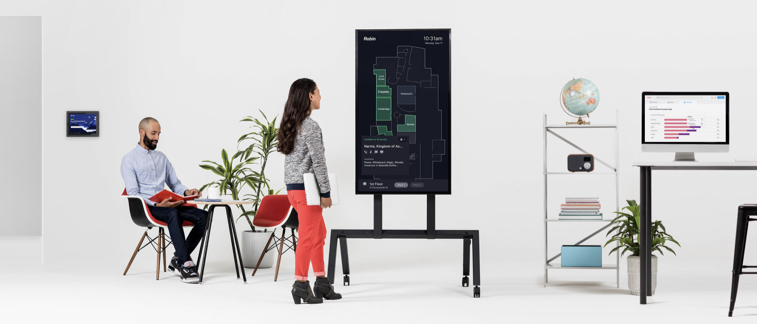
What is required for a company to get set up with Robin?
An office and a “can-do” attitude. Our team has gotten good at helping companies connect their Google and Outlook calendars, inventory rooms, and import floor plans — we hear a lot of workplace woes and I’m proud to say that our team is pretty darn good at sharing best practices and what they’ve seen work in other customer offices. We pride ourselves on the stability of our product and how simple it is for any organization to rollout to the rest of the company. It’s a set-it-and-forget-it type of experience with Robin.
Robin is rapidly growing! What’s your plan for hiring throughout 2019?
We’re looking to double our headcount over this year (jobs here) -- we’re at 87 now and are looking to be 155 by end of year. This is important to get right, since workplaces are built for the people — and we want to make a place people are proud to be. We do that by building a team that celebrates curiosity and diversity of opinion, so we can tackle the hard problems. That’s what energizes me — we have a chance to do really meaningful work for workplace.

